Health IT/EHR Government Policies in Africa

Health Information Technology (Health IT) and Electronic Health Record (EHR) government policies in Africa vary from one country to another, as each nation has its own healthcare system and priorities. However, there are some common themes and initiatives across the continent aimed at improving healthcare through the adoption of health IT and EHR systems. Here are a few examples:
Digital Health Strategies: Several African countries have developed national digital health strategies or eHealth policies to guide the implementation of health IT initiatives. These strategies often outline goals and objectives related to EHR adoption, telemedicine, data interoperability, and health information exchange.
EHR Adoption: Some African countries have initiated EHR adoption programs to modernize healthcare record-keeping. These programs aim to digitize patient records, improve data accuracy, and enhance the accessibility of medical information for healthcare providers.
Telemedicine and Telehealth: Telemedicine and telehealth policies have gained prominence, especially in remote and underserved areas. Governments are promoting telemedicine as a means to increase access to healthcare services, particularly in regions with limited healthcare infrastructure.
Data Privacy and Security: Policies related to data privacy and security, including compliance with international standards and regulations, are crucial in protecting patients' health information. These policies often align with global data protection standards such as GDPR or HIPAA.
Interoperability: Some African countries are working to establish standards for health data interoperability, ensuring that different healthcare systems and facilities can share patient information securely. Interoperability is essential for coordinated care and improved health outcomes.
Health Information Exchange (HIE): The establishment of Health Information Exchanges is a priority in some African countries. HIEs enable the secure sharing of patient data among healthcare providers and institutions, leading to better care coordination.
Training and Capacity Building: Governments are investing in training healthcare professionals and IT personnel to effectively use EHR systems and other health IT tools. Capacity building programs are essential to maximize the benefits of technology in healthcare.
Public-Private Partnerships: Many African countries are exploring public-private partnerships to leverage private sector expertise and resources in implementing health IT solutions. These partnerships can accelerate the adoption of EHRs and other digital health technologies.
Research and Innovation: Some nations are investing in research and innovation in health IT to develop solutions tailored to their specific healthcare challenges. This includes support for local startups and entrepreneurs working on health technology projects.
It's important to note that the status and progress of health IT and EHR policies can vary significantly among African countries due to differences in healthcare infrastructure, resources, and priorities. Additionally, international organizations and donors often play a role in supporting health IT initiatives across the continent. Therefore, the specifics of these policies and their implementation may change over time as countries continue to advance their healthcare systems through technology adoption.
Successfully leveraging health IT and EHR systems requires thoughtful governance policies attuned to local contexts across Africa. The African Digital Health Research Institute examines pragmatic policy frameworks to support national digital health deployments.
Key policy domains investigated include:
- Data protection, privacy and information security.
- Standards conformance and interoperability requirements.
- Health information exchange and consent policies.
- Incentives and intellectual property management.
- System procurement and regulation.
ADHRI provides evidence-based policy insights to governments seeking to maximize the benefits from health IT investments. Our research supports development of practical governance frameworks adapted for unique African health systems needs.
